By Rick VanSickle
How exciting for Fort Berens. The release of the 2018 Dry Riesling is the first Lillooet-designate B.C. VQA wine ever produced.
Also in this B.C. wine report: New spring wine reviews for Black Hills, Culmina and Haywire.
In the summer of 2018 B.C. VQA introduced the Lillooet Appellation and Fort Berens is now able to express that on its labels for all wines that are made from 100% Lillooet grapes going forward.
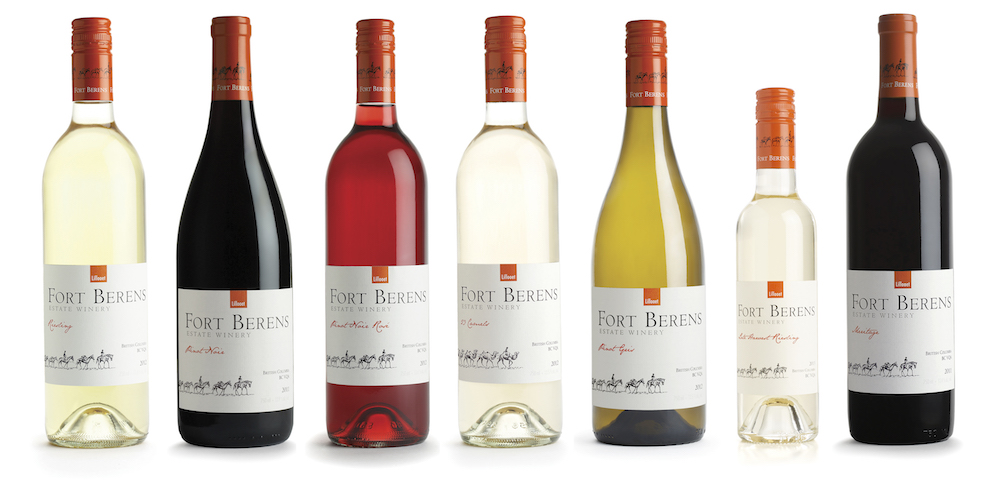
That’s not the only news coming out of this progressive, groundbreaking winery. James Cambridge rejoined the winery March 1 as winemaker. Cambridge is not new to Fort Berens; the Niagara College graduate produced the first wines for the winery in 2012 and now returns with a mission to build the portfolio in the new state-of-the-art winery, more resources and a focus to improve quality across the board from the estate’s own vineyards.
Here’s white I liked from the spring white wine release:
Fort Berens, Lillooet

Fort Berens Dry Riesling 2018 ($19, 89 points) — Vivid aromas of lime, grapefruit, fresh-cut apples and lemon peel. It’s not technically dry, but has a dry impression with a range of juicy citrus, apple, peach and honeydew melon all kept lively by racy acidity.

Fort Berens Riesling 2018 ($18, 87 points) — Made from mostly estate vineyards in Lillooet and the rest coming from Vernon, this off-day Riesling shows a range of orchard fruits, lemon-lime and honeysuckle notes. The citrus, peach and honey notes are lifted by freshening acidity on the finish.

Fort Berens Chardonnay 2017 ($19, 88 points) — This Chard is barrel aged for 9 months in mostly neutral French oak barriques. The nose shows rich pear, peach, cream, vanilla toast, spice and citrus accents. It’s quite expressive on the palate with fresh pear, citrus and apple with integrated spice and decent acidity to keep it all balanced and lively through the finish.

Fort Berens Pinot Gris 2018 ($18, 89 points) — Made mostly from estate Lillooet fruit with a portion sourced from the Similkameen Valley. The nose reveals pear, tangerine, nectarine, melon and grapefruit that jumps from the glass. It’s bright and vibrant on the palate, made in a drier style, with flavours of citrus, pear and melon that’s altogether fresh and lively through the finish.

Fort Berens Rosé 2018 ($18, 90 points) — This well-made rosé is a blend of organically grown Pinot Noir and Gamay sourced from West Kelowna. The subtle, pretty nose shows cran-cherries, raspberry bramble and fresh herbs. It’s a pinch off dry on the palate with a bevy of red fruits and mouth-watering acidity. Great summer sipper.
Black Hills Estate Winery
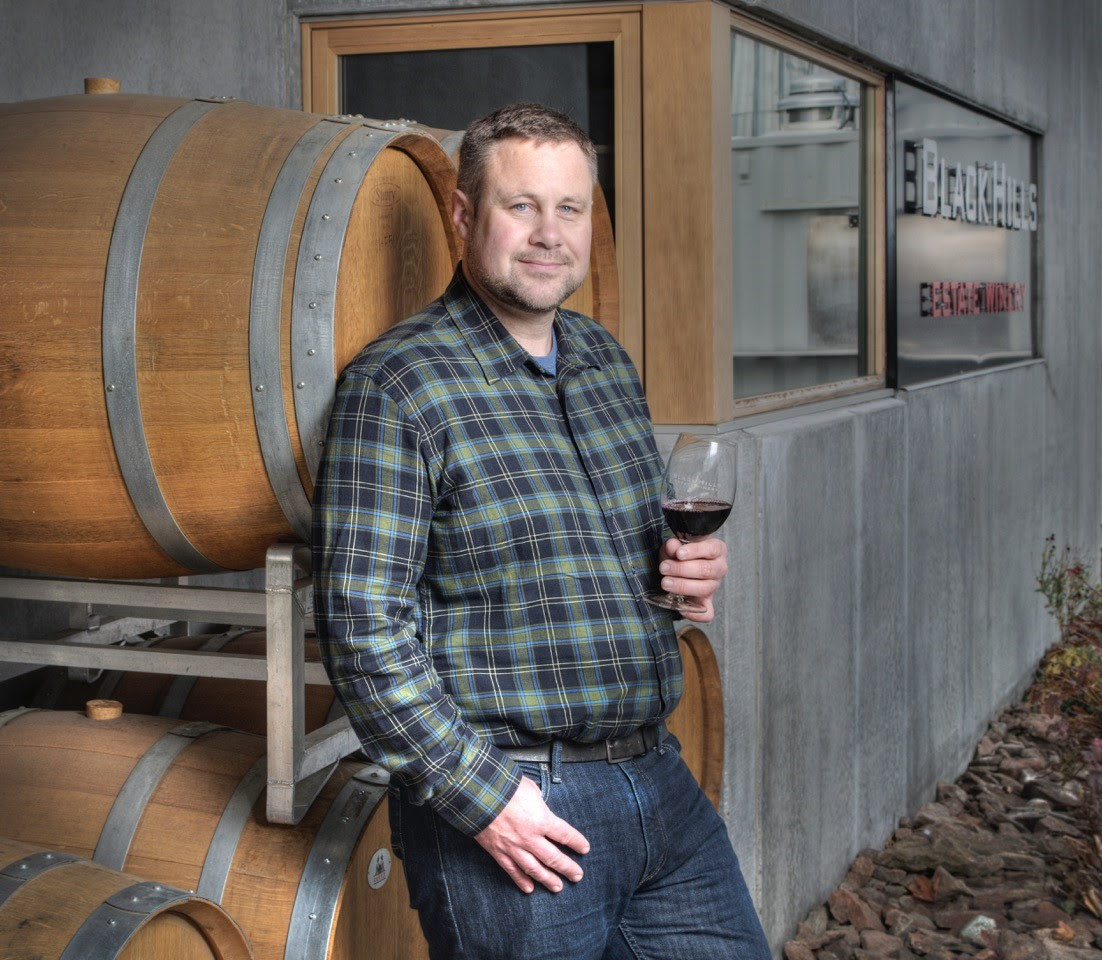

Black Hills Chardonnay 2017 ($30, 91 points) — Barrel fermented and barrel aged in 100% French oak, the nose is creamy and rich with ripe pear, sun-kissed apples, caramel, lemon peel and elegant oak spices. It is textured, rich and buttery on the palate with ripe orchard fruits, a range of barrel spice notes and refreshing citrus zest on the finish. Very nice Chard.
Black Hills Pinot Noir 2017 ($40, 91 points) — Aged in 100% French oak barriques, 20% of which is new, this is the first Pinot from Black Hills and winemaker Ross Wise, shown above. Such a lovely nose with complex and expressive black cherries, perfumed red fruits, sweet raspberry and bramble with integrated spices. The flavours loom large on the palate against a background of plush tannins with notes of anise/cassis, ripe cherry/raspberry, earth, oak spice and length through the finish.
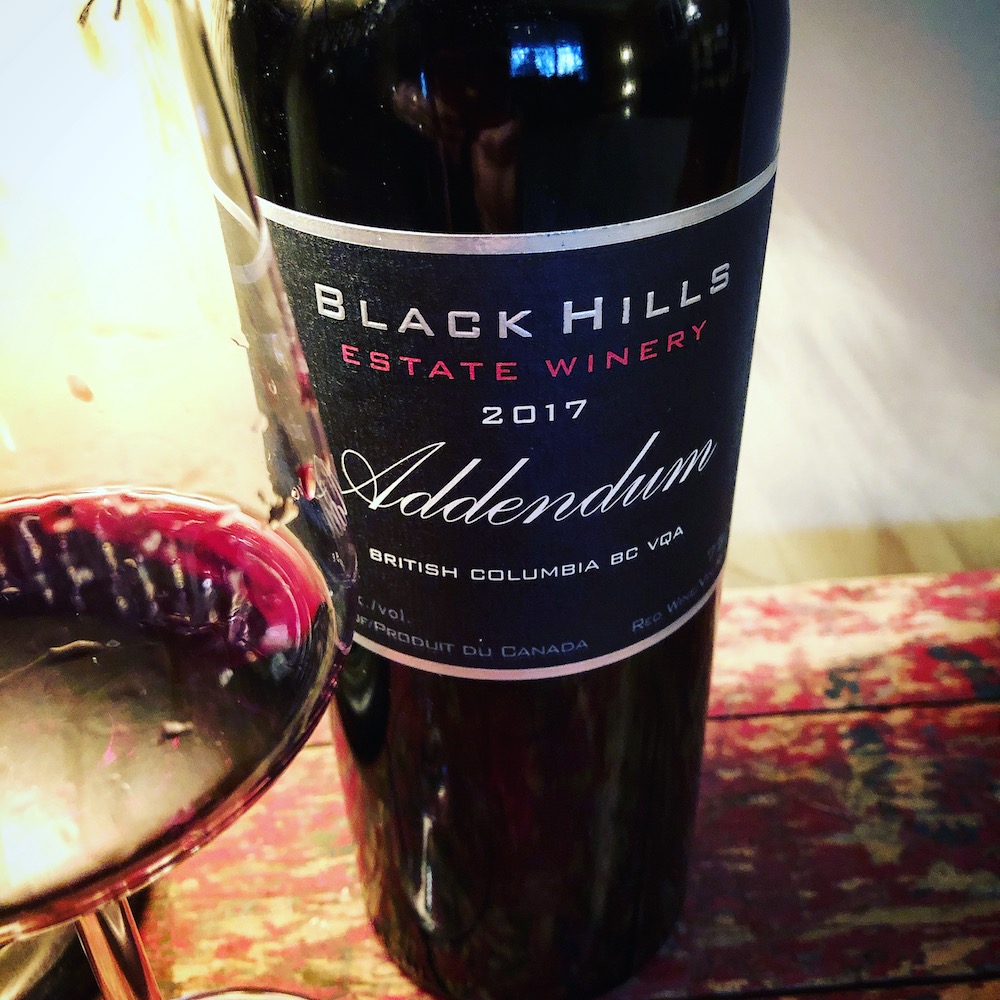
Black Hills Addendum 2017 ($50, 93 points) — Addendum, the Right-Bank complement to the Left-Bank inspired Nota Bene, is a blend of 80% Merlot, 10% Cabernet Franc, and 10% Cabernet Sauvignon. It’s inky, nearly opaque, in the glass and makes a great first impression on the nose with notes of warm cherry pie, black currants, woodsy/earthy/leather accents, cedar and a range of vanilla and oak spices. It’s well structured on the palate with firm tannins that hold up well against the range of ripe red and dark fruits, layers of spice and earthy/spicy notes. This is a complex and powerful red blend with a lingering finish that will age brilliantly over the next 5-7 years or more.
Haywire Winery, Summerland

Haywire Baby Bub 2018 ($16 for 375 mL, big sister Pink Pub 750 mL is $30, 89 points) — An every day sparkler made in the charmat method where secondary fermentation occurs in tanks. A bit of red wine is added to the dosage to create the attractive pink glow. The nose is expressive with strawberries, cranberries, citrus zest and a basket of fresh picked raspberries. It’s zippy with an active mousse on the palate with notes of fresh red fresh red berries, tart lemon and racy finish. Perfectly paired with life.
Culmina Estate Winery,
Golden Mile Bench
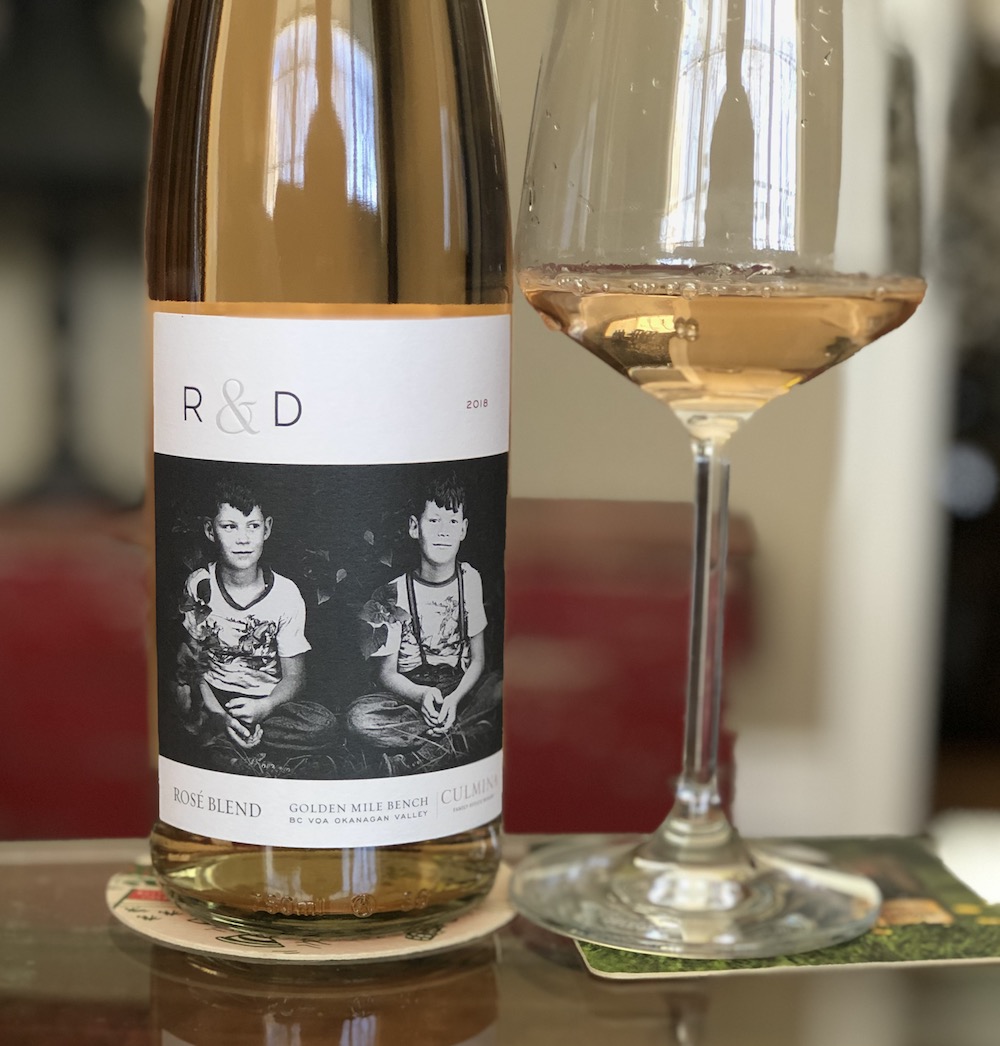
Culmina R&D Rosé Blend 2018 ($19, 91 points) — This blend of Merlot (68%), 31% Malbec and 1% Cabernet Franc (22%) is sourced from the estate’s Golden Mile Bench vineyards. It shows a pretty, light copper colour in the glass with a nose of attractive red berries, mineral notes and citrus accents. It’s nice and dry on the palate with refreshing grapefruit, raspberries, cherries and a zippy finish. Top drawer rosé.
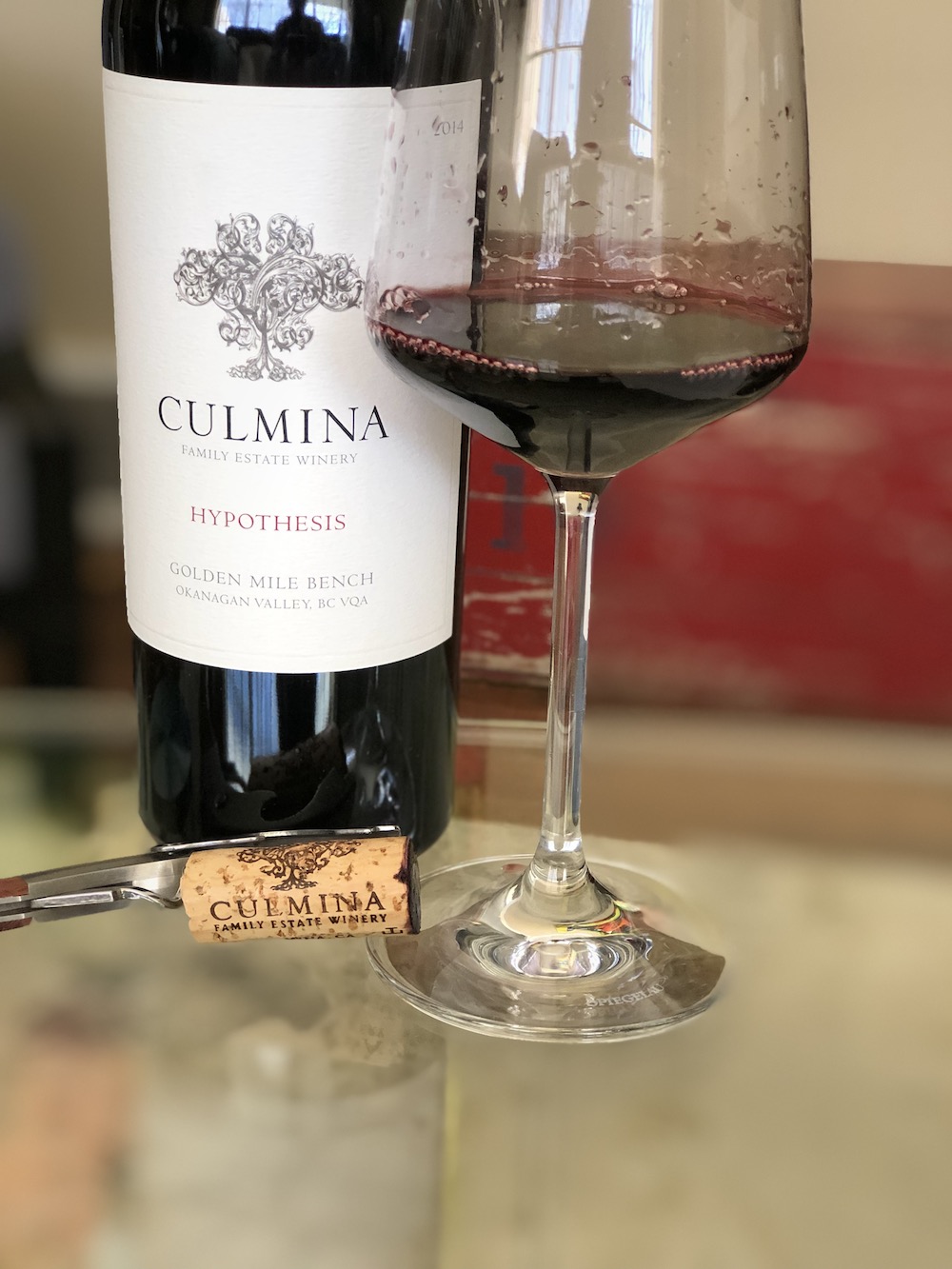
Culmina Hypothesis 2014 ($46, 93 points) — What a beautiful blend of 45% Cabernet Sauvignon, 33% Merlot and 22% Cabernet Franc. The colour in the glass is a deep, rich black cherry hue with aromas of black currants, cherry compote, caramel, fine oak spices, cassis, bramble, graphite and earthy/loamy accents. Such a baby at this point, but swirl and swirl and it opens up on the palate to layers of dark fruits, elegant spices, cocoa, a vein of Golden Mile minerality, and a long finessed finish. This is a red that will improve gracefully for 10+ years but irresistible now with a nice New York strip loin, or braised beef cheek pappardelle.


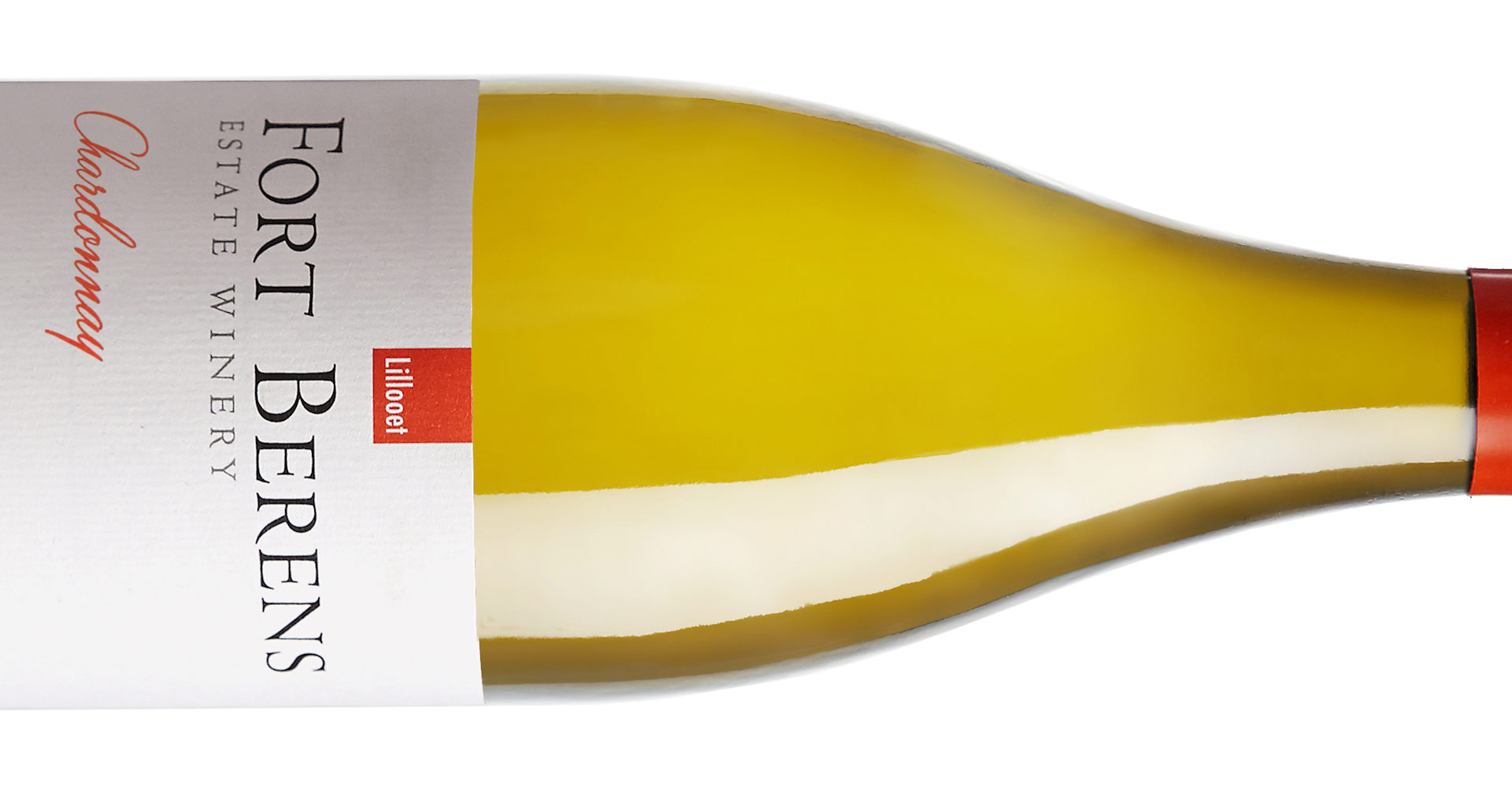




Comment here